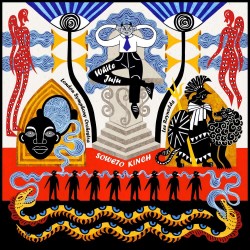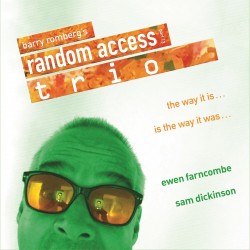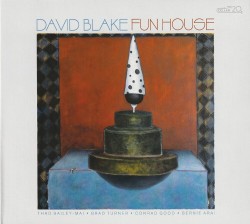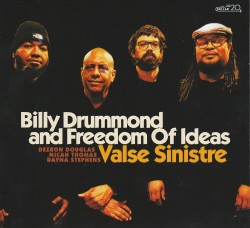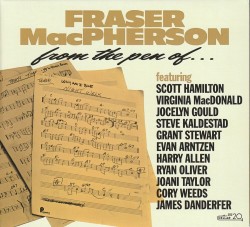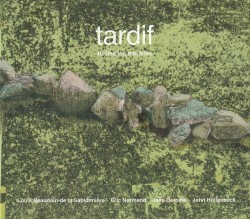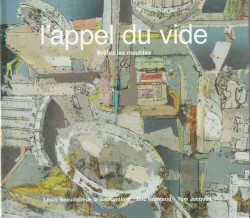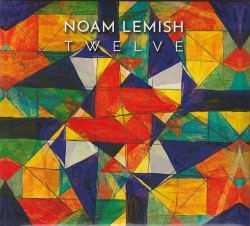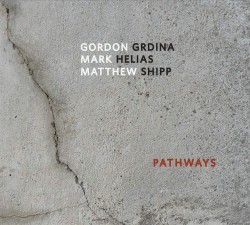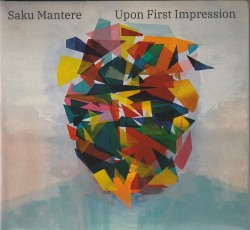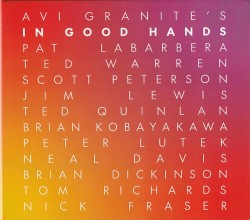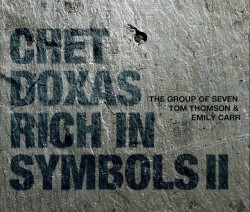Weinberg – Symphonies 3 & 7; Flute Concerto No.1 - Marie-Christine Lupancic; City of Birmingham SO; Deutsche Kammerphilharmonie Bremen; Mirga Gražinyté-Tyla
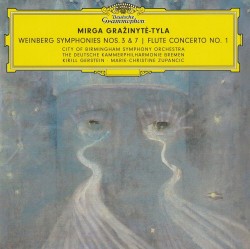 Weinberg – Symphonies 3 & 7; Flute Concerto No.1
Weinberg – Symphonies 3 & 7; Flute Concerto No.1
Marie-Christine Lupancic; City of Birmingham SO; Deutsche Kammerphilharmonie Bremen; Mirga Gražinyté-Tyla
Deutsche Grammophon 486 2403 (deutschegrammophon.com/en/catalogue/products/weinberg-symphonies-nos-3-7-grazinyte-tyla-12783)
Mieczysław Weinberg initially composed his 34-minute Symphony No.3 for Large Orchestra, Op.45 in 1949-1950, a time when fearful Soviet composers were compelled to write “optimistic,” folk-flavoured music. In 1959, under a milder regime, he extensively reworked it. The Allegro opens lyrically, quoting a Belorussian folk song; turmoil erupts, serenity returns, but the movement ends with dark, ominous chords. The Allegro giocoso ebulliently quotes a folk song from Weinberg’s native Poland. The ensuing Adagio moves from contemplation to high tragedy. Tumultuous fanfares announce the Allegro vivace. Clearly influenced by Weinberg’s friend and mentor Shostakovich, it’s a bitterly sardonic mock celebration, filled with motorized dissonances, ending the symphony.
Mirga Gražinytė-Tyla conducts the City of Birmingham Symphony Orchestra in this symphony and the 16-minute Flute Concerto No.1, Op.75 (1961). In the opening Allegro molto, Marie-Christine Zupancic, the orchestra’s principal flute, plays cheerful chirpings over the string orchestra’s repeated pulsations. The Largo is a lonely, melancholic song. The Allegro commodo is strangely indecisive, with Zupancic’s flute meandering over plucked strings, ending abruptly.
Gražinytė-Tyla leads the Deutsche Kammerphilharmonie Dresden in Weinberg’s darkly mysterious, 31-minute Symphony No.7, Op.81 (1964) for strings and harpsichord. Its five connected movements begin eerily, quiet and slow, gradually growing in volume and intensity (Adagio sostenuto), followed by restless, driving discords (Allegro), wandering “night music” (Andante), agonized cries (Adagio sostenuto), sinister skittering, savage barrages and, finally, a return to the opening spookiness (Allegro). It’s haunted, haunting music.


